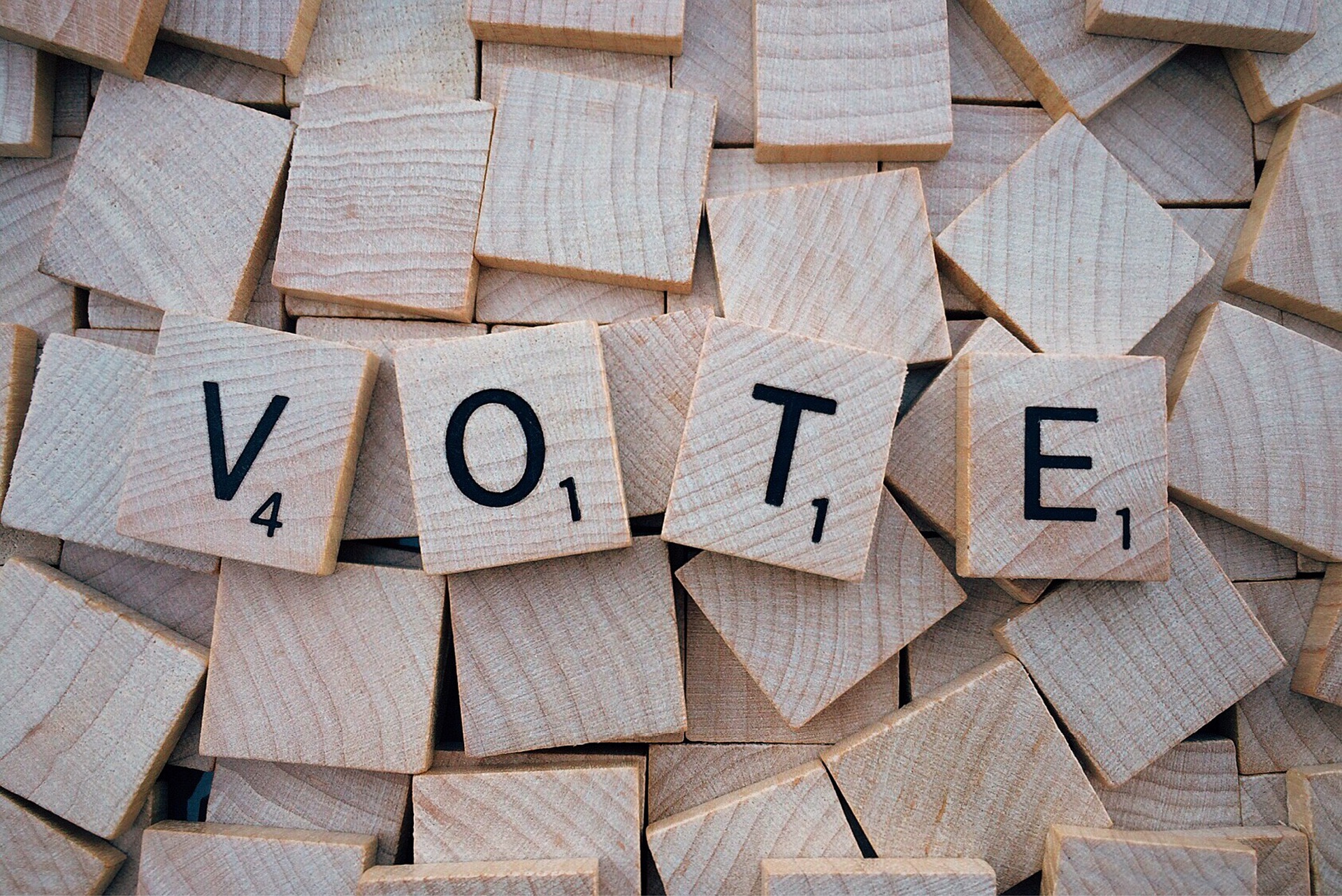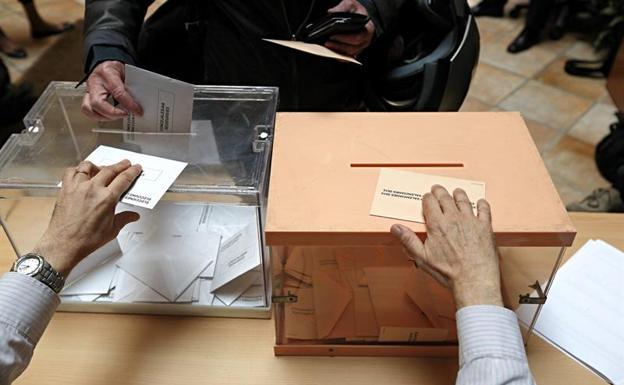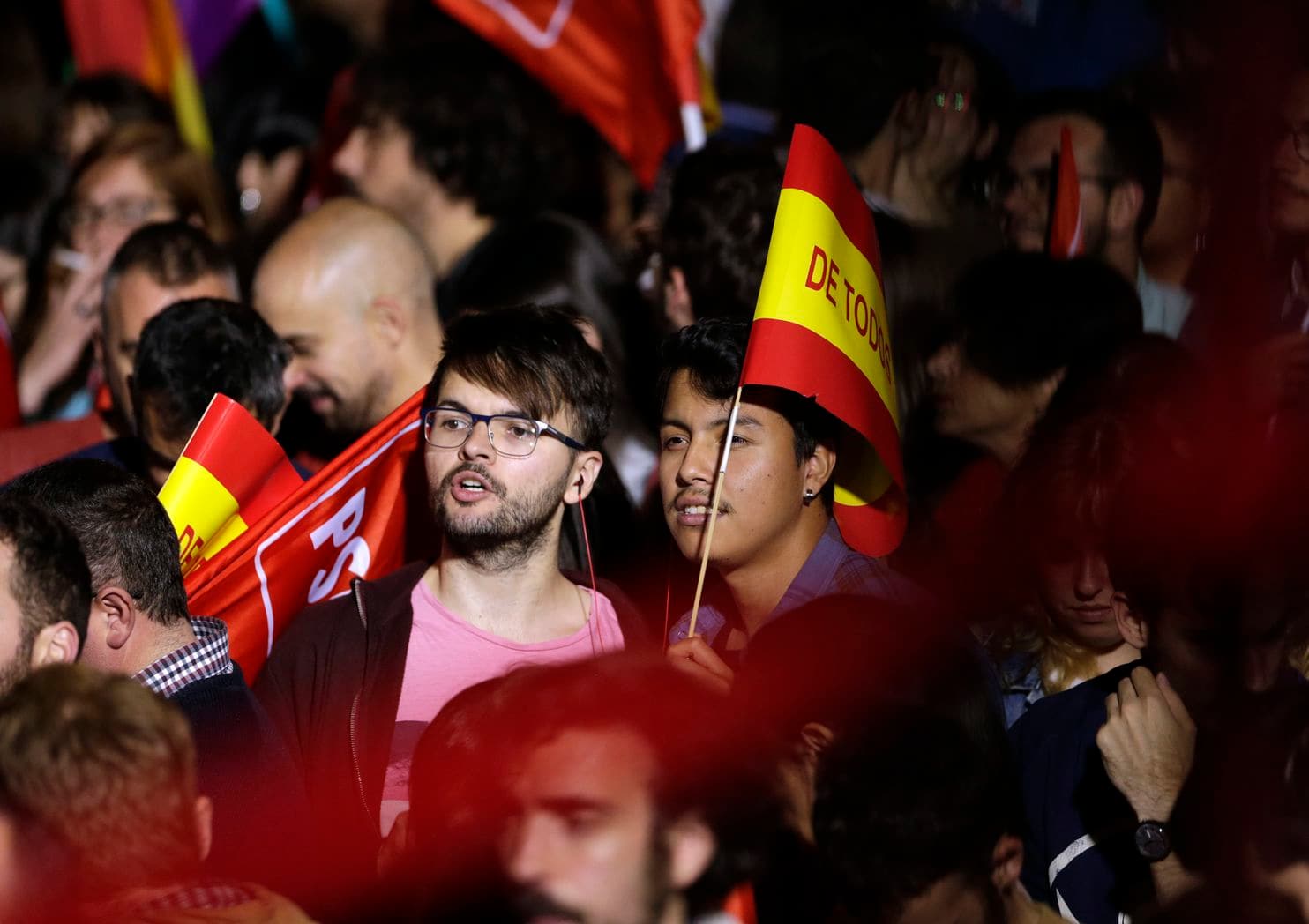BY MARK NOLAN
Despite all continual talks in the U.K. about separation in Europe, the infamous “B” word (Brexit), the value of Brits living on the continent, and specifically in Spain, has never been as important as it is now, as we approach a scenario which will undoubtedly prove to be either divisive or decisive, the local municipal elections.
In the recent national and regional elections, we saw in the traditional parties how the once seemingly unstoppable PP suffered their most crushing defeat in their history.
Having taken over government during the worst austere times in modern history, many still blame them for hard times they faced during that period. Countless ongoing corruption cases have marred their name, and add a new, much younger leader, who many loyal followers thought was lacking the ability to lead the party going forward and confidence started to dwindle.
Meanwhile, along came another party, namely Vox, promising to uphold many of the PP´s traditional values, with a far right leaning, it was inevitable that they would sweep up some of the disillusioned PP followers, although few actually predicted the actual level of support they would obtain in such a short space of time.
Meanwhile, the PSOE have grown through the seemingly unflappable leadership they have shown in taking over and forming a government through coalition, albeit still not quite to the level of the support of their former glory days, they too have lost voters since then, they have however maintained a steady growth and many would argue adding stable control, taking attention back to the job of governing, rather than simply bickering, both with opposition and even within the party groups, which has become almost a part of the political playground.
To complicate matters further, we have also witnessed a dilution of the political picture, with smaller parties taking up votes, some in protest, but many more in support of their levelheadedness and simplistic approach to their own core values. An example of this is PACMA, an almost unheard of group who have been active since 2003, their principle value being animal welfare and rights, and they too had their greatest number of votes in the recent national polls.
PACMA did not get enough votes to secure a seat in government, and so some could argue these votes were wasted, but it highlights the point of dilution, as with more choice than ever before we, as voters, are able to support any cause we choose, animal rights being the example here, but despite those votes being for an extremely worthy cause, it would not be possible at this time for them to gather enough support for even a single seat, let alone an overall majority, and so, even though there is no doubt about the good intentions of the party and their voters, the question remains as to how that vote helped or hindered the forming of a government through the traditional majority rule.
None the less, we must also now recognise a major difference with the vote casting which is coming up, not only because as foreigners we are not eligible to vote in the national elections, we are eligible to vote in the local ones, and, not only are we eligible, the biggest difference perhaps is that we are arguably crucial in forming the future of our own home municipalities.
If any of the political groups have neglected the foreign residents in the past, they may well live to regret that decision in the immediate future. The Alicante province is the number one location in Spain with the largest number of foreign voters who may participate in the municipal elections, with a staggering 96,742 registered to vote. The majority of those foreign registrants across Alicante are British.
Incidentally, as we mentioned Europe at the start, there are some 74,650 people across the province also registered to vote in the European elections, so from that figure we can see how important the role the foreign voter plays in local politics is, even over continental decisions.
In Spain, 466,696 foreigners from 47 different countries will be able to vote in the municipal elections and of them more than 365,000 will also have the right to vote, in addition, in the elections to the European Parliament.
Andalusia is the second most important location for foreign voter numbers with 82,256 people registered and eligible to vote in the municipal elections there, followed by Catalonia and then Madrid, with 69,778 and 63,207 respectively, but all way behind the 96,742 of Alicante.
Although politics is often seen as a contentious subject, it is becoming clearer to many of their need to get involved. Despite the blows seen by the leading traditional parties in the national and regional elections, more people actually turned out to vote. In these local elections, there are 2,937 more people eligible and registered than the last elections held four years ago, despite the lists being constantly refreshed.
Of those residents who are natives of Europe, and so also eligible to vote in the continental parliament, there are 29,018 more people than were eligible and registered in the European elections five years ago.
The power is undoubtedly ours, and so the importance of exercising that vote has probably never been as important as it is now. However, with great power comes great responsibility (Spiderman), and so we need to consider our options carefully.
The immediate choice may well be between our own traditional party or spectrum loyalty, strengthening their hold once more, but will that vote mean better local services for us? History can play a big part in proving this for the bigger parties who have led us in the past.
Should we consider choosing one of the more local, perhaps even unheard of groups or candidates, or would that vote simply lead to further dilution at a local level and a lack of action that leads to further division through coalition? Do we put our trust in those politicians who have done nothing but try to make their campaigns personal, launching attacks on individuals, rather than positive promises for the future, and if we have seen promises from any of these representatives, do they really have the ability and power to deliver?
We have to power to enact change, if change is what is needed, or we can just affirm our contentment in what we have. There are so many choices to be made, and so little time left to research, but this really will be one of the most important elections in the history of where you live, and one which will shape your future, and so having taken the time and interest to register, make sure you use that vote, and use it wisely.









